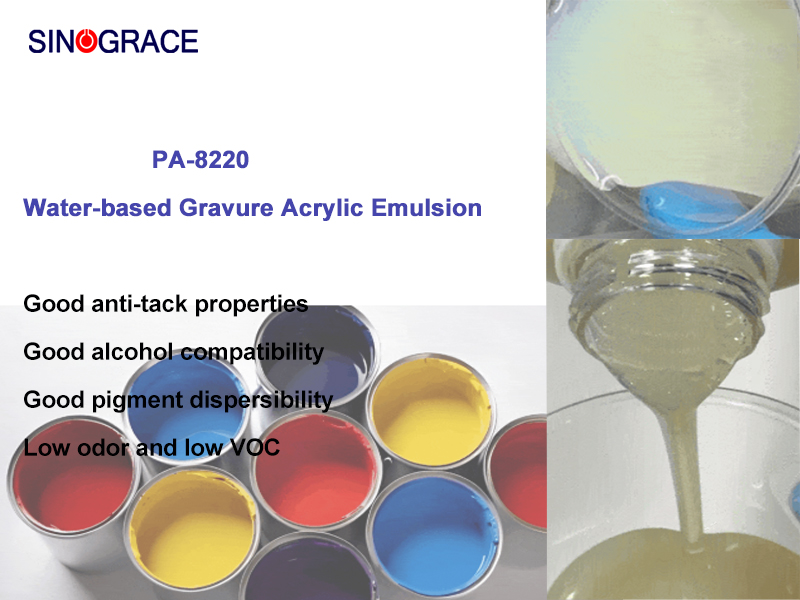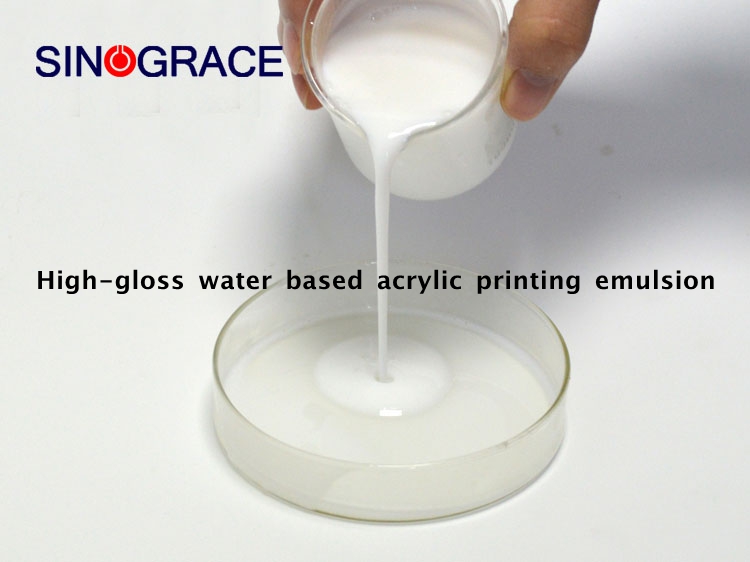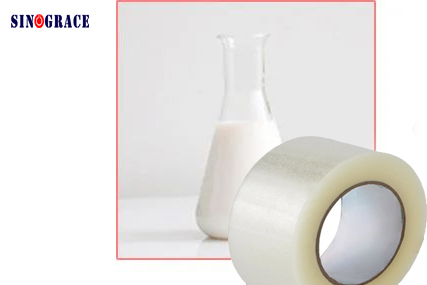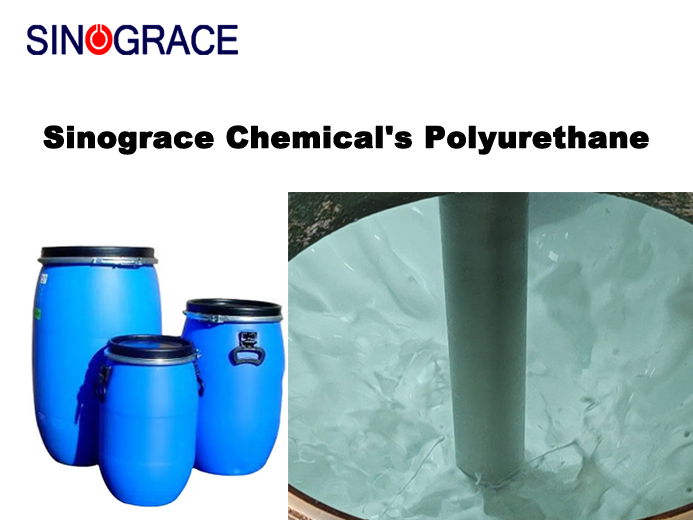Sinograce Chemical's Polyurethane Materials: Adhesive, Plastic, and Rubber Transformations
Polyurethane (PU) can transform into a strong adhesive, firmly bonding tiles to walls; it can also become plastic parts like phone cases and keyboard keycaps; and even become shoe soles and sealing strips, exhibiting elasticity comparable to rubber. Why can the same material freely switch between the seemingly unrelated fields of "adhesive, plastic, and rubber"? Today, we'll uncover the secret of this "versatile" material by delving into the underlying logic of its molecular structure. What are the essential differences between adhesive, plastic, and rubber? Don't rush to say "you can tell from the application." From a materials science perspective, their core differences lie in their molecular chains: Material type Core Features Essence Key features at the molecular level Glue Materials that can actively wet interfaces, bond with interfaces through chemical/physical interactions, and ultimately solidify to form stable bonds. Materials containing polar groups (such as -NH-, -COO-), easily forming hydrogen bonds or chemical bonds; capable of forming network structures through cross-linking reactions. Plastic Materials with a certain degree of rigidity, capable of maintaining their shape and not easily deformed under stress. Molecular chains arranged regularly (crystalline) or forming cross-linked networks, with restricted chain segment movement and small free volume. Rubber Materials with high elasticity, capable of large deformations and rapid rebound, and not easily permanently damaged after deformation. Molecular chains soft (low Tg), with free chain segment movement; possessing moderate cross-linking or physical anchoring points to restrict excessive chain segment movement. And polyurethane happens to have the "code" for all three properties written into its molecular structure. The Molecular Structure of Polyurethane The molecular chain of polyurethane consists of two key structural parts: Soft segments: usually derived from long-chain polyols (such as polyethers and polyesters), like soft ropes, can swing freely, giving the material flexibility and elasticity. Hard segments: Formed by the reaction of isocyanates and chain extenders, these segments have short, rigid molecular chains and can cluster together via hydrogen bonds to form crystalline regions, resembling small pebbles that provide strength and stability. These two types of segments are covalently linked, yet they behave like oil and water, "not interfering" with each other—soft segments aggregate together, while hard segments clump together, forming a "microphase separation" structure. It is this structure that allows polyurethane to achieve "free adjustment" of its properties: add more hard segments for a harder texture, and increase the proportion of soft segments for a softer texture. Why can it be used as an adhesive? Many types of tile adhesive used in home renovations and structural adhesives used in carpentry are made of polyurethane. Its strong adhesion relies on two ...
read more

 English
English français
français русский
русский español
español العربية
العربية








